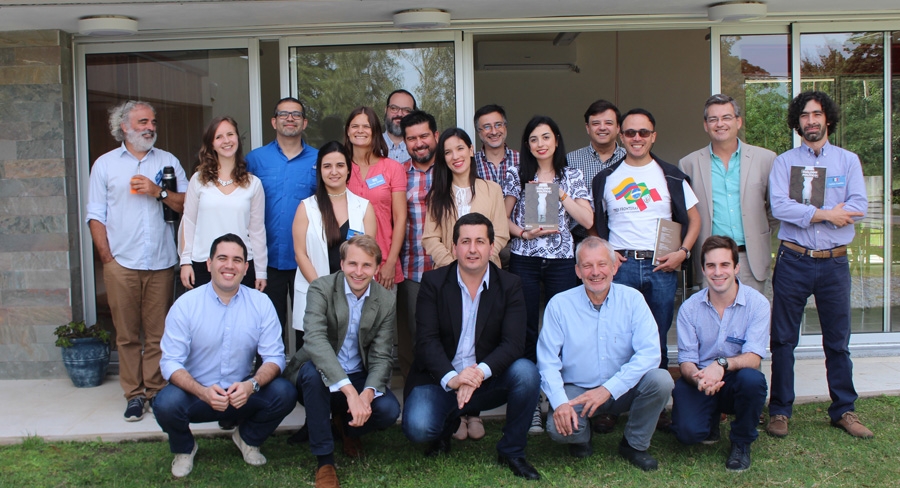First workshop on environmental challenges to politics was held in cooperation with Diálogo Político

Emerging phenomena such as climate change, disruptive technologies and socio-environmental conflicts currently challenge democracy. Politics and academia need to find better exchange and collaboration means towards the development of sustainable strategies, to achieve this, interdisciplinary reflection is indispensable.
In order to explore new strategies for managing the environmental challenges of the 21st century, a two-day strategic workshop was held at SARAS Institute headquarters last April. The activity, which constituted the first event co-organized between Diálogo Político and SARAS, was targeted at the editorial team of Diálogo Político (Political Dialogue in Spanish), a magazine which is published within the framework of the Regional Program on “Political Parties and Democracy in Latin America” led by Konrad Adenauer Foundation (Germany).
The beginning of the 21st century presents unprecedented challenges for which the institutions seem to be unprepared. In this context, it becomes necessary to learn to live with constant changes of unknown intensity, that is, to deal with uncertainty. For this, it is essential to develop new forms of cooperation between academia and decision makers, which is one of the objectives pursued by SARAS Institute. In an attempt to expand on these aspects and offer new lines of reflection, Néstor Mazzeo (SARAS Executive Director) gave a presentation highlighting the main environmental challenges of the 21st century, while Micaela Trimble (Research and Cooperation Coordinator at SARAS) spoke about the role of bridge institutions.
The editorial team of Diálogo Político is made up of correspondents from Mexico, Colombia, Paraguay, Venezuela, Chile, Spain, Uruguay and Argentina. On this occasion, a series of training institutes were represented: the Center for Analysis and Political Training (CAEP) of Colombia, the Rafael Preciado Hernández Foundation of Mexico, the Center for the Opening and Development of Latin America (CADAL) of Argentina and the Democracy and Community Center (CDC) of Chile. The workshop also received the visits of Diego Echeverría, general secretary of the Municipality of Maldonado (Uruguay) and Carlos Medina, general coordinator of Hygiene and Environment (Municipality of Maldonado). Workshop activities included a visit to Cerro Pan de Azúcar Park and Wildlife Reserve.
Click here to learn more about Diálogo Político magazine.
